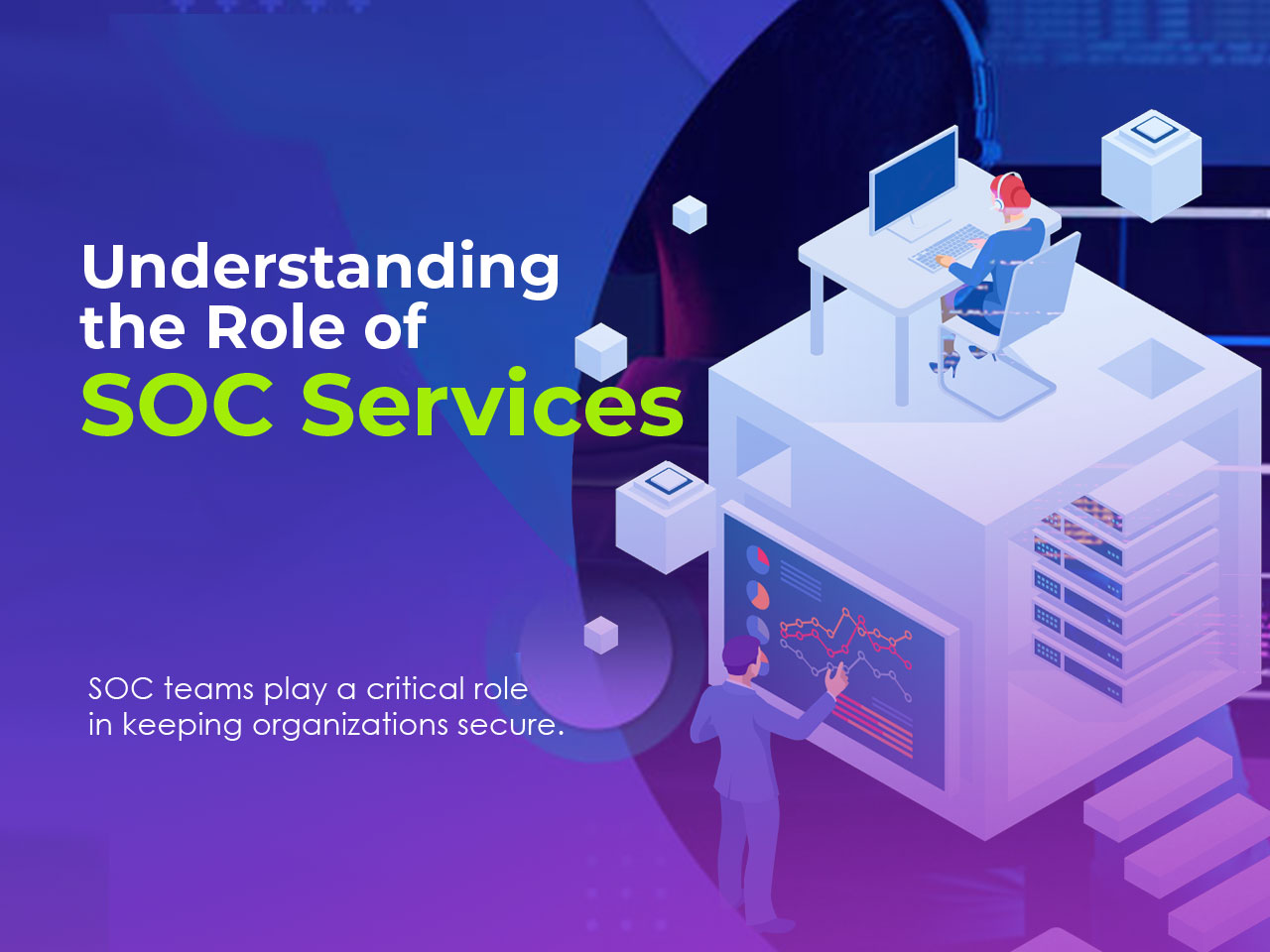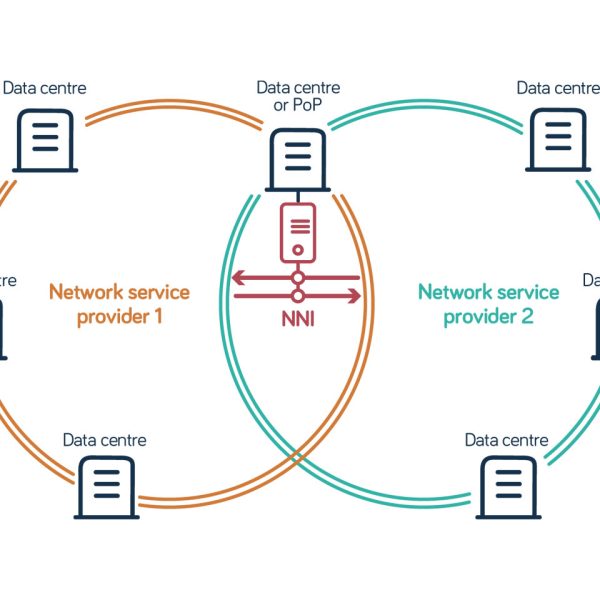A security operations center (SOC) is essential for any organization in today’s data-driven world. A SOC is a group of cybersecurity experts responsible for monitoring and protecting an organization’s networks and information.
SOC teams play a critical role in keeping organizations secure. This article will discuss the SOC framework, how a SOC works, and the responsibilities of the various members of a SOC team.
SOC teams play a critical role in keeping organizations secure. This article will discuss the SOC framework, how a SOC works, and the responsibilities of the various members of a SOC team.
What Is a Security Operations Center?
A SOC is comprised of specialized professionals trained in cybersecurity. Members of a SOC team may have education and experience in fields such as IT, computer science, and engineering.
While it’s not necessary for all members of a SOC to have a deep understanding of every aspect of cybersecurity, they should have a well-rounded working knowledge of the basics, since they are responsible for identifying and mitigating threats and responding to security incidents.
While it’s not necessary for all members of a SOC to have a deep understanding of every aspect of cybersecurity, they should have a well-rounded working knowledge of the basics, since they are responsible for identifying and mitigating threats and responding to security incidents.
Job Roles in a Security Operations Center
A SOC team typically includes the following roles:
Security analysts monitor the organization’s networks and systems for signs of security threats. They investigate any suspicious activity and take action to mitigate it.
Incident responders are tasked with reacting to security incidents. They work with security analysts to identify and resolve any issues that arise.
Systems administrators are responsible for maintaining the organization’s infrastructure by ensuring that all systems are running smoothly and securely.
Network engineers are responsible for network infrastructure design, implementation, and troubleshooting.
Security analysts monitor the organization’s networks and systems for signs of security threats. They investigate any suspicious activity and take action to mitigate it.
Incident responders are tasked with reacting to security incidents. They work with security analysts to identify and resolve any issues that arise.
Systems administrators are responsible for maintaining the organization’s infrastructure by ensuring that all systems are running smoothly and securely.
Network engineers are responsible for network infrastructure design, implementation, and troubleshooting.
What Are the Main Functions of a Security Operations Center?
The SOC framework is designed to help SOC teams effectively monitor and defend their organization’s networks and data. The main functions of a SOC team are as follows:Monitoring. SOC analysts monitor the organization’s networks and systems for signs of security threats. They look for any suspicious activity and take action to mitigate it.
Threat intelligence. SOC analysts use threat intelligence to identify potential security threats. They track new threats and develop strategies to deal with them.
Incident response. When a security incident occurs, the SOC team responds quickly and effectively to identify and resolve the issue.
Security training. SOC analysts offer security awareness training for other staff members to protect the business from possible attacks.
Threat intelligence. SOC analysts use threat intelligence to identify potential security threats. They track new threats and develop strategies to deal with them.
Incident response. When a security incident occurs, the SOC team responds quickly and effectively to identify and resolve the issue.
Security training. SOC analysts offer security awareness training for other staff members to protect the business from possible attacks.
What Are the Benefits of Having a Security Operations Center Team?
In recent years, organizations have heavily invested in online software, tools, and databases, but with this digitization comes an increased demand for cybersecurity teams to protect these assets. As more and more confidential data points are exchanged online, cyber theft and malicious hacks have increased.
Having a group of individuals whose primary task is preventing cyberattacks is crucial for all organizations. SOC teams provide this protection and are an essential part of the security infrastructure for any organization that wants to keep its data safe.
With security such a significant concern in today’s digital environment, a dedicated SOC team is highly valuable to organizations. Here are some of the key benefits:
Increased security. Businesses can strengthen their cybersecurity posture by having a team of experts dedicated to monitoring and protecting their networks and data.
Reduced risk. A SOC can help reduce the risk of a security incident happening in an organization and mitigate damage if a breach does occur.
Improved compliance. SOCs help organizations meet their compliance obligations by providing reports and evidence of their security measures.
Reduced costs. Having a SOC can help organizations save money by reducing the number and severity of security incidents.
Improved efficiency. A SOC can enhance the efficiency of an organization’s IT department by taking responsibility for cybersecurity and freeing up IT professionals to focus on other tasks.
By having a team of experts who can effectively monitor and respond to cyberthreats, businesses can reduce the number of security incidents they face. As data environments continue to become more complex, the need for knowledgeable SOC teams will only increase.
Having a group of individuals whose primary task is preventing cyberattacks is crucial for all organizations. SOC teams provide this protection and are an essential part of the security infrastructure for any organization that wants to keep its data safe.
With security such a significant concern in today’s digital environment, a dedicated SOC team is highly valuable to organizations. Here are some of the key benefits:
Increased security. Businesses can strengthen their cybersecurity posture by having a team of experts dedicated to monitoring and protecting their networks and data.
Reduced risk. A SOC can help reduce the risk of a security incident happening in an organization and mitigate damage if a breach does occur.
Improved compliance. SOCs help organizations meet their compliance obligations by providing reports and evidence of their security measures.
Reduced costs. Having a SOC can help organizations save money by reducing the number and severity of security incidents.
Improved efficiency. A SOC can enhance the efficiency of an organization’s IT department by taking responsibility for cybersecurity and freeing up IT professionals to focus on other tasks.
By having a team of experts who can effectively monitor and respond to cyberthreats, businesses can reduce the number of security incidents they face. As data environments continue to become more complex, the need for knowledgeable SOC teams will only increase.






